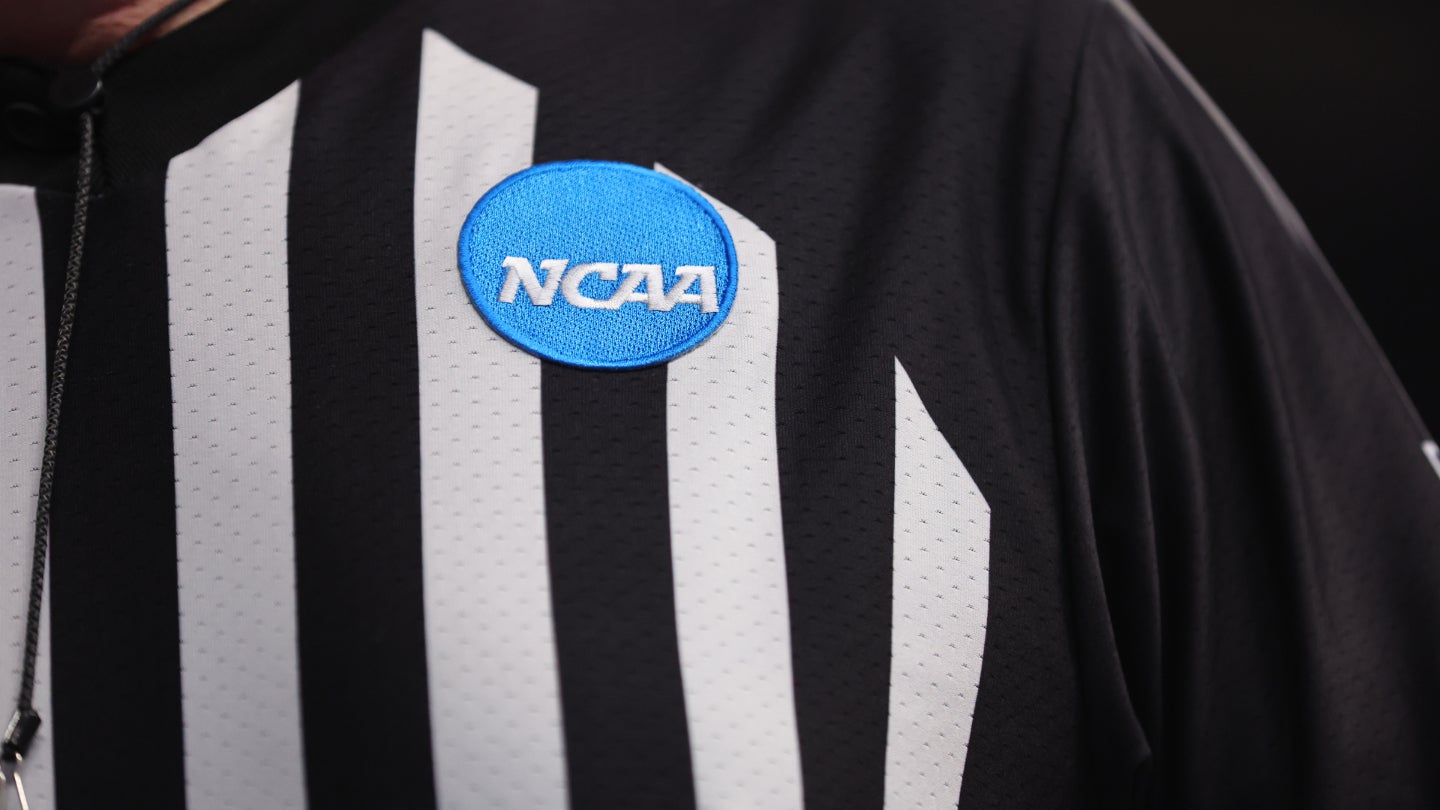
The National Collegiate Athletic Association (NCAA), and its five major conferences are set to agree to pay players as part of a settlement of three antitrust lawsuits, according to a report.
According to an ESPN report, the NCAA's board of governors voted on May 22 to agree to settlement terms in the cases – not unanimously, however – joining three of the conferences, the Big 12, ACC, and the Big Ten, in agreeing to allow colleges to pay players. This seismic move would bring about an end to decades of unpaid amateurism in US college sports.
The college athletes who brought the lawsuits have always claimed they have been illegally stopped from financially profiting from their name, image, and likeness.
The original case was brought by Grant House, a former swimmer for Arizona State, with other plaintiffs including Sedona Prince (basketball) and Tymir Oliver (American football).
Reports suggest that the two remaining conferences, the SEC and Pac-12, who are also the remaining two defendants named in the lawsuit, are expected to approve the terms later this week.
It has been reported that as part of the settlement terms, the NCAA will have to provide more than $2.7 billion to former athletes over the next 10 years for back damages related to the association's name, image, and likeness (NIL) restrictions.

US Tariffs are shifting - will you react or anticipate?
Don’t let policy changes catch you off guard. Stay proactive with real-time data and expert analysis.
By GlobalDataThe conferences also agreed to a system that will allow schools to pay around $20 million per year in permissive revenue sharing to athletes, and these payments are expected to begin in Autumn 2025.
In settling, the colleges and the NCAA avoided trial, where they could have been tried for damages in excess of $4 billion if they lost, which was considered likely due to the NCAA's recent poor record in court cases, such as in February this year, when a federal judge temporarily blocked the NCAA from punishing any athletes or boosters from negotiating name, image, and likeness deals during their recruiting process.
The plaintiffs will also agree to dismiss two other pending antitrust cases against the NCAA that could have added further billions to the total.
While the agreement is a major step, the lawsuits are not officially settled yet.
Those involved will have to present a more detailed settlement agreement to Judge Claudia Wilken, and all Division 1 athletes will have months to review the terms and decide if they want to object or opt out of the class action settlement.
Besides NIL deals, NCAA athletes do not receive any revenue, despite the organization securing billion-dollar media rights deals, including with international sports broadcaster ESPN, which agreed to an eight-year $902 million deal for 40 NCAA championships.
The Big Ten Conference has a $7.5 billion, seven-year contract with national networks CBS, Fox, and NBC, while the Southeastern Conference secured more than $300 million per year from ESPN for its deal covering American football.
The Big 12, meanwhile, has a six-year media rights deal in place worth $2.28 billion with ESPN and Fox.



